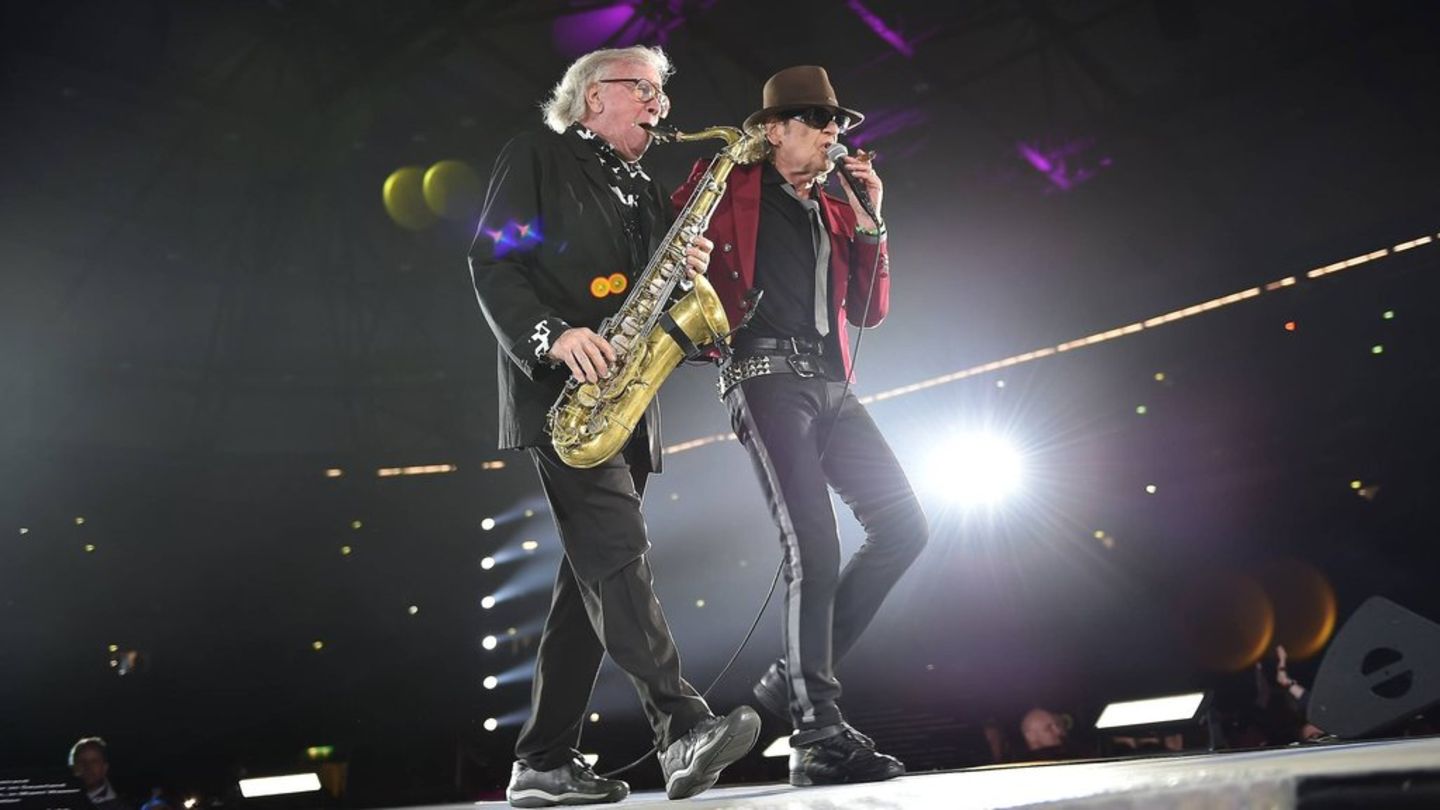The Turkish president repeatedly attacks Israel and the West in the Gaza war. Now he is coming to Germany. This will be a difficult balancing act for Chancellor Scholz.
It is a very delicate visit from a difficult ally: Turkish President Recep Tayyip Erdogan is coming to Berlin at the end of next week for dinner with Chancellor Olaf Scholz (SPD). He also wants to meet Federal President Frank-Walter Steinmeier.
A main topic: the war between Israel and the Islamist Hamas, on which Erdogan has a completely different attitude than his NATO partners. After the terrorist attack on Israel that left 1,400 dead, he described Hamas as a “liberation organization,” while the US and EU classify it as a terrorist organization.
Erdogan’s program in Berlin is not yet known in detail. But one thing is already certain: the football fan will not attend the international match between Germany and Turkey on Saturday (November 18th). The German Football Association had already announced a few days ago that it was not expecting Erdogan.
Visiting a sold-out stadium with tens of thousands of Turkish fans would have made Erdogan’s already controversial visit even more difficult in terms of security. The question would then have arisen as to who would sit next to him in the stands. Certainly not Scholz. Steinmeier perhaps? Given the heated mood surrounding the Gaza war, it’s difficult to imagine.
Erdogan accuses Israel of “fascism.”
Erdogan’s first visit to Germany in three years will be complicated enough as it is. The Chancellor invited the Turkish head of state after his re-election as president in May this year. After the Hamas terrorist attack, Erdogan has been noticed several times with sharp verbal attacks against Israel and its Western allies. He accused Israel of “crimes against humanity” and the West of hypocrisy.
In the past, the Turkish president had described Israel as a “terrorist state” because of its Palestinian policy and had repeatedly portrayed himself as a champion of the Palestinian cause. Today, at a memorial event to mark the anniversary of the death of the republic’s founder, Mustafa Kemal Atatürk, he even spoke of “fascism” in light of Israel’s bombing of the Gaza Strip.
Hardly any open criticism of Erdogan’s proximity to Hamas
So far there has been little open criticism of such statements from NATO allies. This also applies to Chancellor Scholz. “It is well known that the federal government has very different attitudes and classifications towards Hamas,” said deputy government spokeswoman Christiane Hoffmann simply. There isn’t much more criticism.
NATO Secretary General Jens Stoltenberg, who visited Berlin yesterday and today, is also holding back from assessing Erdogan’s statements. “It’s never easy when we have different views within the alliance,” he said in a dpa interview. But that has “in some ways no influence on what we do or don’t do because we don’t play a role in this particular conflict.”
The West needs Türkiye
The reason for the reluctance: Germany, NATO and the EU need Turkey, which plays an important bridge role in the Islamic world. The country also plays a central role in controlling immigration to Europe. The conversation between Scholz and Erdogan will include, among other things, reviving the EU-Turkey agreement on the accommodation of refugees in Turkey.
In addition, around three million people of Turkish origin live in Germany, more than anywhere else outside of Turkey. This is one of the reasons why Turkish presidents’ visits to Germany have always had a special significance. However, Erdogan has not yet met with Turks living in Berlin.
Turbulent relationships for a long time
Relations between Germany and Turkey have also been turbulent in the past. In 2017, for example, the imprisonment of German citizens severely strained the relationship between Berlin and Ankara. A low point was reached when Erdogan personally attacked then-Chancellor Angela Merkel (CDU) with Nazi comparisons.
It is still unclear to what extent Scholz and Erdogan will make joint public appearances. A decision has not yet been made about a joint press conference.
Almost every second person is in favor of disinviting Erdogan
In any case, the visit was not particularly well received by the German population. Almost every second German is against it. In a survey by the opinion research institute YouGov on behalf of the dpa, 45 percent were in favor of Scholz disinviting the Turkish president because of his stance on the Islamist Hamas. However, 32 percent said that he should still be received in the Chancellery.
Source: Stern
I have been working in the news industry for over 6 years, first as a reporter and now as an editor. I have covered politics extensively, and my work has appeared in major newspapers and online news outlets around the world. In addition to my writing, I also contribute regularly to 24 Hours World.




